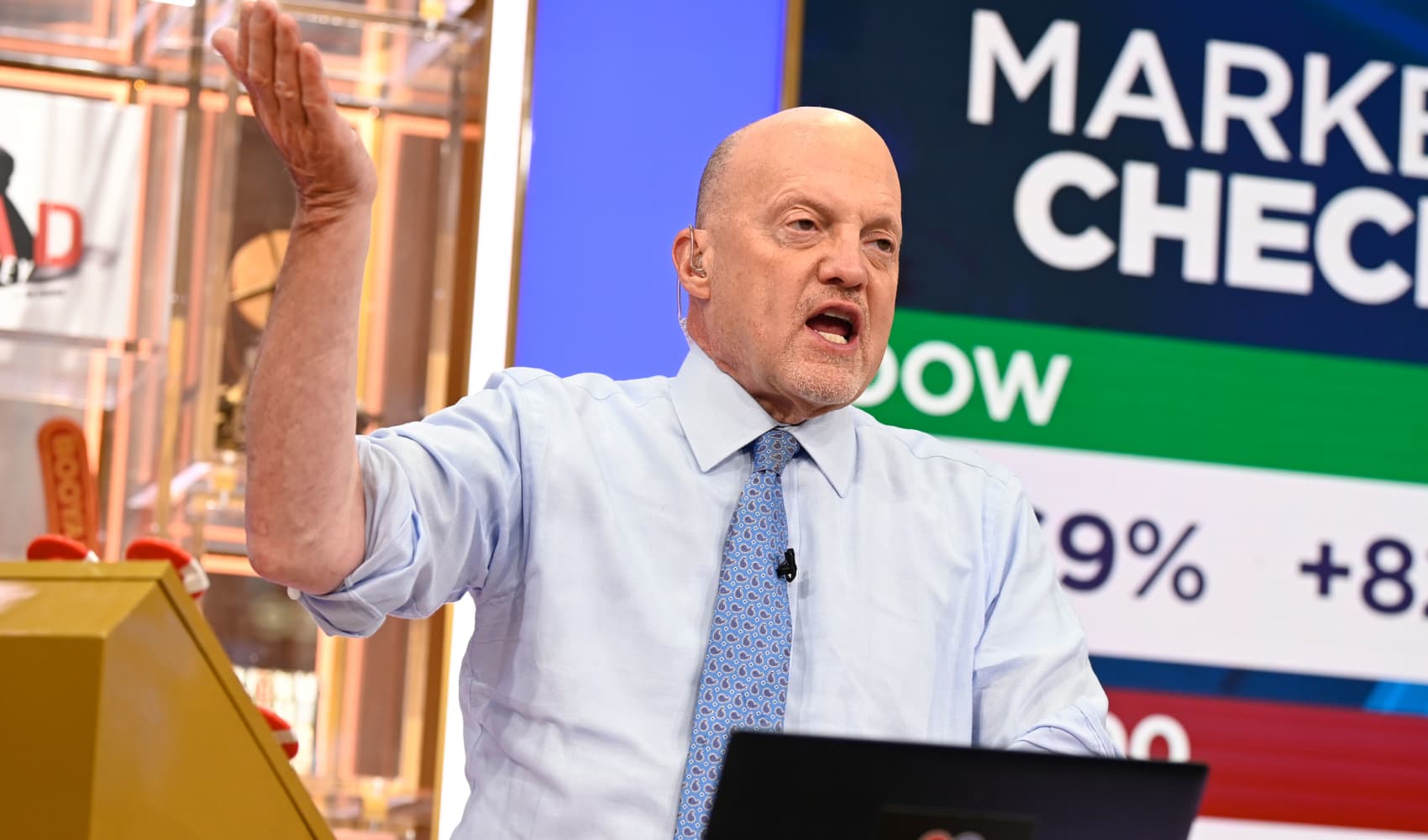
The majority of millennials and Gen Zers worry that the U.S.'s Social Security program may run out of funding in their lifetimes. And around 40% think they "won't get a dime" of Social Security benefits, according to recent data from the Nationwide Retirement Institute.
You may have seen reports that the trust funds the Social Security Administration uses to pay out benefits may run dry in 2035. But that doesn't mean qualified recipients will stop receiving benefits altogether.
Here's a look at how Social Security benefits work and how to prepare for a potentially reduced monthly payment.
What's happening with Social Security now
Get top local stories in Southern California delivered to you every morning. Sign up for NBC LA's News Headlines newsletter.
Social Security was created in 1935 and is a federally run program that provides a partial source of income from the government for qualifying recipients who are no longer able to work.
"When the program was designed, it was designed as an insurance policy against extreme poverty," says Anne Lester, a retirement expert and author of "Your Best Financial Life: Save Smart Now for the Future You Want." "It was never designed to replace all of your income."
Employees and employers pay a payroll tax up to a certain limit on the employee's earnings that go into a general pot, which is used to pay out benefits to current recipients. One of the most common types of benefits are retirement benefits, which are intended to replace a percentage of your pre-retirement income.
Money Report
DON'T MISS: Are you stressed about money? Take our new online course
While your retirement benefit depends on how much you earned during your working years, the average monthly retirement benefit was around $1,871 in July.
In addition to funding from payroll taxes, the Social Security Administration also has around $2.8 trillion in trust fund reserves, according to SSA's May report. However, that money reserve is expected to be fully depleted in 2035 unless federal lawmakers intervene.
"I do worry that there's too much pessimism around Social Security and that makes people give up and not want to call their congressperson," Lester says. "In the long run, we'll all be better off if they grapple with it in the short term."
If nothing is done, Social Security benefits won't completely disappear. Instead, the program will only be able to payout around 83% of recipients' monthly benefits, per the SSA's annual trustees' report.
How young people can plan ahead for retirement
Even if the Social Security trust funds become insolvent by 2035, younger generations shouldn't be overly worried just yet, Lester says.
"I don't think we'll get there, but even if we do, it's not running out of money completely," she says. "You may get less than what you thought you would, which isn't ideal, but it won't go to zero."
Some good news: People in their 20s and 30s have plenty of time to plan for that possibility, Lester says. And it doesn't involve making drastic changes to your retirement saving strategy.
Social Security benefits were designed to supplement your other sources of retirement income, such as withdrawals from your 401(k) or individual retirement account.
Therefore, young workers can prepare for a potentially reduced Social Security benefit in the future by slightly increasing their contributions to their other retirement savings accounts, Lester says.
"The rational thing to do if you're a 20-something who's worried about getting a smaller Social Security payout is to save a little more. But not hundreds or thousands of dollars a year more," she says. "If you start saving 1% or 2% more a year in your 20s, you'll fix that gap."
Are you stressed about money? Sign up for CNBC's new online course. We'll teach you how to be more successful and confident with your money, and practical strategies to boost savings, get out of debt and invest for the future. Start today and use code EARLYBIRD for an introductory discount of 30% off through Sept. 2, 2024.
Plus, sign up for CNBC Make It's newsletter to get tips and tricks for success at work, with money and in life.






